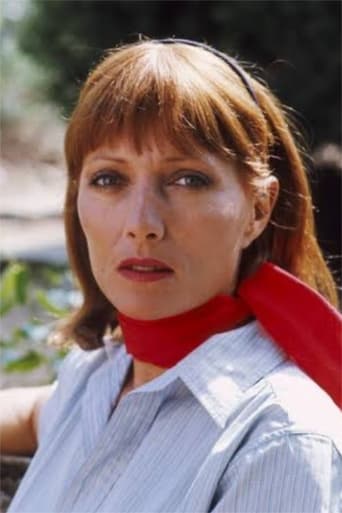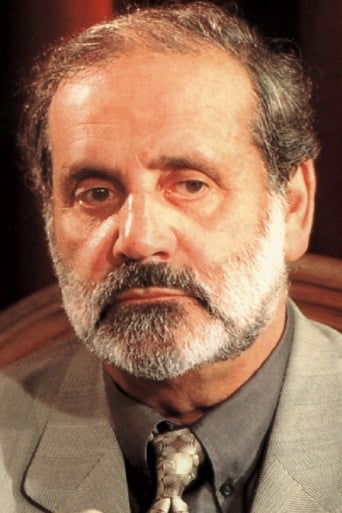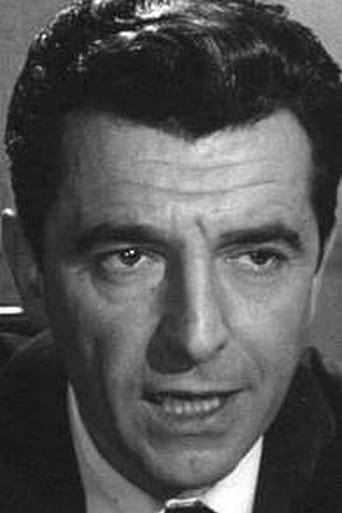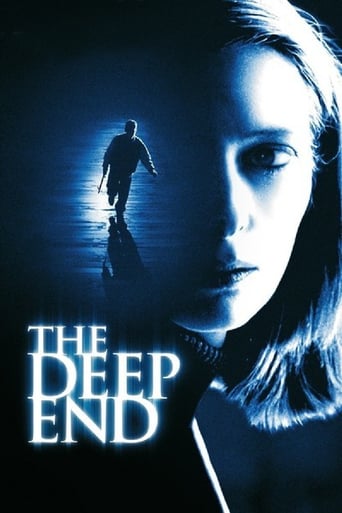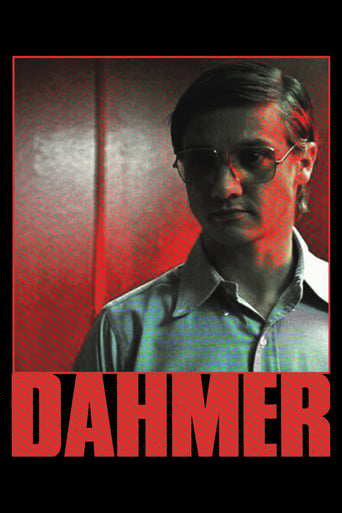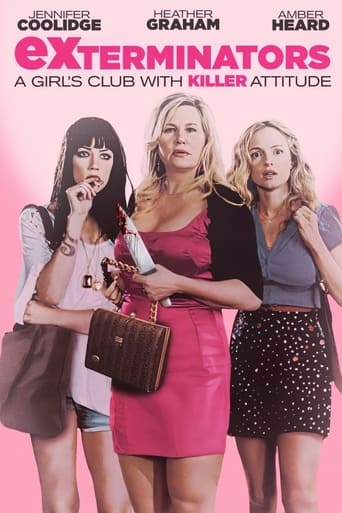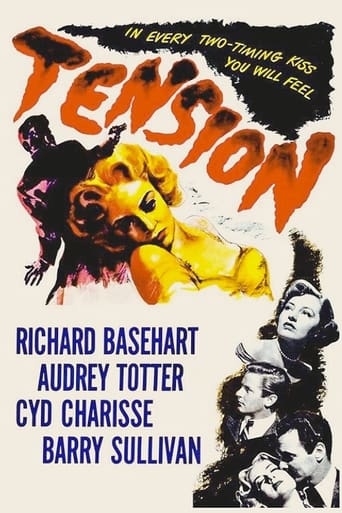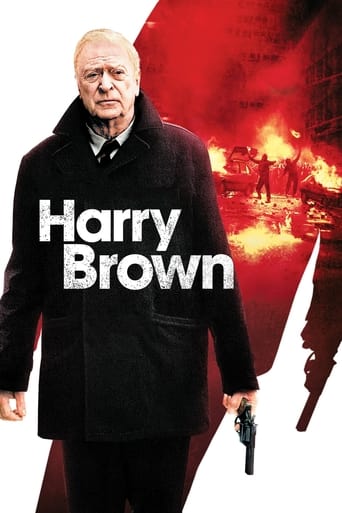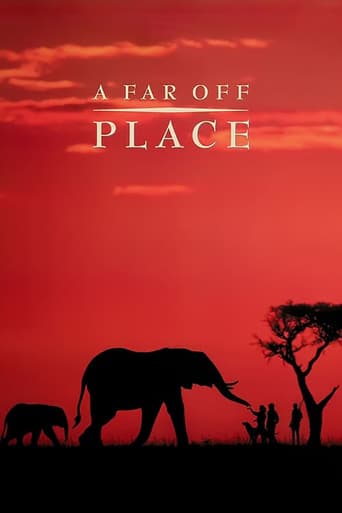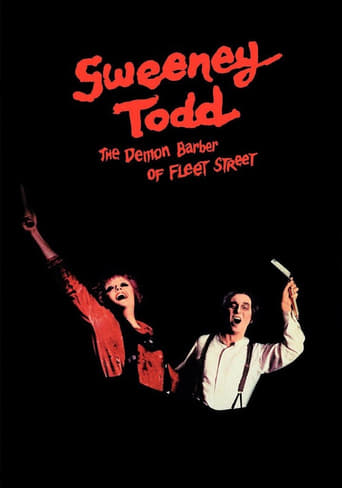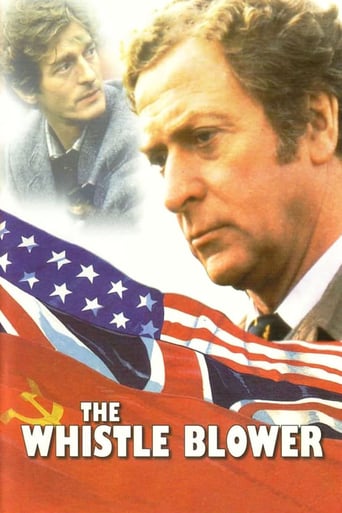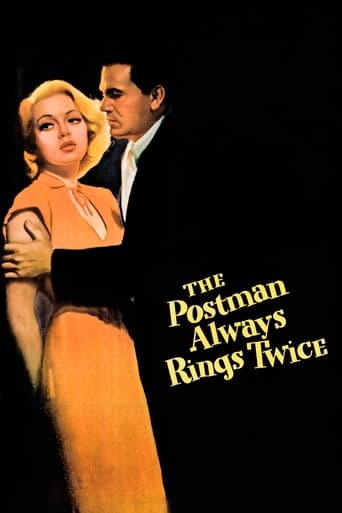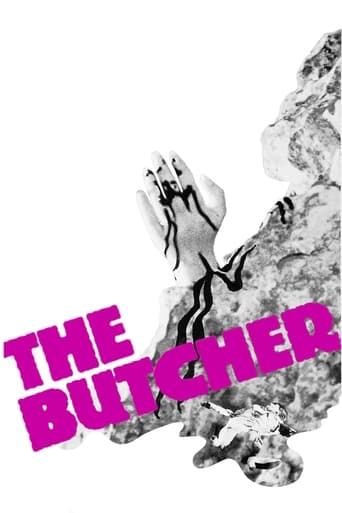
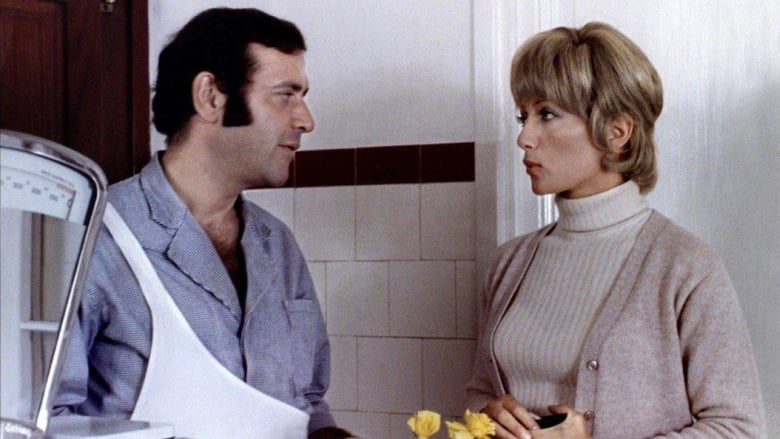
The Butcher (1970)
An unlikely friendship between a dour, working class butcher and a repressed schoolteacher coincides with a grisly series of Ripper-type murders in a provincial French town.
Watch Trailer
Cast


Similar titles
Reviews
Exactly the movie you think it is, but not the movie you want it to be.
By the time the dramatic fireworks start popping off, each one feels earned.
It’s not bad or unwatchable but despite the amplitude of the spectacle, the end result is underwhelming.
The film never slows down or bores, plunging from one harrowing sequence to the next.
The title of this French film was easy to translate, I did not know anything about the plot or anything, but I was going to watch it because it featured in the book 1001 Movies You Must See Before You Die, directed by Claude Chabrol (Ophélia, Story of Women). Basically in the small rural French village of Tremolat, Périgord, confident and slightly naive young school teacher Hélène (Stéphane Audran, Chabrol's then wife) is lonely, one day she meets war veteran and local butcher Paul Thomas, or "Popaul" (Jean Yanne) at the wedding party of her colleague Léon Hamel (Mario Beccara). Hélène is happy to be friends and have a platonic relationship with Popaul, but she is still recovering from the disillusionment of her last relationship, at his birthday as a gift she gives him a lighter. On a school class excursion to a cave in the woods, Hélène finds the body of a murdered woman, victim to a serial killer, she realises it is Leon's wife, she also finds Popaul's lighter at the crime scene, but takes it and hides the evidence from the police. Hélène is relieved to see Popaul visiting her still has his own lighter, but her suspicions of him crop up again when he is painting her house ceiling, and another discovery affects her sense of security, however they begin to pursue a more close relationship. Hélène enjoys the company of Popaul, and it seems she would do anything for him as their relationship deepens, but she cannot ignore the fact that there are unexplained murders of women occurring in the village. Also starring Antonio Passalia as Angelo, Pascal Ferone as Uncle Cahrpy, Roger Rudel as Police Inspector Grumbach and William Guérault as Charles. The relationship between the teacher and the suspicious man who may be a sex murderer is interesting to see play out, with two great leading stars, you are unsure as much as she is whether he can be trusted, there is not a lot of bloody violence, it is simply an examination of how suspicion can change things in a relationship, like a Hitchcock film would, and also a study of sexual frustration, a great thriller style psychological drama. Good!
The film is a thriller, but a superlative example of the genre. Murders in a small French town are traced to an inoffensive-seeming young butcher (Jean Yanne) who is courting the local schoolmistress (Stephane Audran).The Butcher is a curious, mainly charming film which can't make up its mind whether to be an eccentric character study or a Hitchcockian thriller, but works on both levels. Director Claude Chabrol again does what he likes best: peering behind the bland, polite surface of the French bourgeoisie and finding ugliness and twisted desires. The Butcher is one of two films that Alfred Hitchcock stated that he wished he had made.
It is common for the simple untrained mind to easily interpret the "murderer", or rather, the guilty one, as the protagonist actually committing the murder....But this is one brilliant piece of work by Chabrol, that actually plays with the thoughts and dogmas of the typical mindset, and constantly leaves us trying to grasp the most crucial aspect, namely: what are we failing to see? For starters, we have Popaul, a seemingly perfect sophisticated gentleman, falling for Helene. And Chabrol gives hints that perhaps he is the one behind the murders which suddenly start occurring shortly after he meets Helene. But we cannot be sure. All we are exposed to are hints. For the sharp eye, it is clear that deep inside, he is deprived. That is revealed when he meets Helene in the woods and directly asks her why she was still single. One of the crucial turning points was when Helene presented him with a lighter.It is then that the real theme, and motives of this flick begin to emerge and take shape in the eyes of the audience/ viewers. In my opinion, Popaul wanted helene to realise that he was the actual "human" butcher, when he "accidentally" left behind his lighter at the scene. Possibly a deliberate attempt by popaul to make Helene understand that his lack of her, or her resentment, was what was behind his acts.Immediately the plot gets enshrouded in an air of shock, confusion, mystery, which drags our minds towards the "Popaul - killer", "Helene - unfortunate bystander-cum-would-be-lover" idea. A close analysis later makes us really wonder whether Helene is as innocent as she believes herself to be. After all, Popaul represents some of our most innate desires - the desire to be recognised, and loved.On a more interesting note, his opportunity to kill Helene, in the last few minutes of the film, and his attempted suicide instead - show clearly that he was driven to such heinous crimes not because of any passion towards murder, but rather helene's denying him the love he craved for.The intense shots of Helene's blond hair...............a clear glimpse into Helene's darker sinister side................Chabrol subtly hints to us that she is the "real" criminal, who brings out the monster in Popaul,.................in contrast to her opening image of being the kind caring school teacher, dedicated to the happiness of the younger generation.A film which truly plays with our minds, and in a way, drifts away from the common mainstream thought and idea of how a murderer, victim, etc should be portrayed, and playing further with the idea of innocence. A truly noteworthy attempt by Chabrol to place before us Helene, an "epitome of innocence", who later became the real culprit of all the murders. Chabrol has created a flick with a mesh of intrigue,contradiction,mystery, with an outer "typical" surface plot for the common mindset, with an inner subtle twist which surfaces later on.
In the village of Tremolat, Périgord, the lonely headmistress Helene Daville (Stéphane Audran) befriends the local butcher Paul Thomas (Jean Yanne), who has a trauma of war, in the wedding party of her colleague Leon Hamel (Mario Beccara). In spite of their friendship, they do not become lovers since Helene is still recovering from the disillusion of her last relationship. In Paul's birthday, Helene gives a lighter to him as a gift. During the excursion with her class to a cave in the woods, Helene finds the last victim of a serial killer that is stabbing young women in the area. She realizes that the woman is Leon's wife and she finds Paul's lighter in the crime scene but she hides the evidence from the police. When Paul visits her, she discovers that he still has the lighter and she feels relieved. However, when Paul paints the ceiling of her house, she makes a discovery that affects her sense of security.The unknown gem "Le Boucher" is a dark, intriguing and suspenseful love story by Claude Chabrol. The plot is completely unusual and very simple, it is not tagged by an specific genre and can be resumed in the storyline; however, the screenplay, direction, performances and camera work make the difference. The opening scene shows a beautiful area in the countryside of France where the plot takes place. Helene is a fascinating character with her contradictory and ambiguous behavior and relationship with Popaul. Their chemistry is also perfect. My vote is eight.Title (Brazil): "O Açougueiro" ("The Butcher")Note: On 06 February 2011 I saw this film again on DVD.


